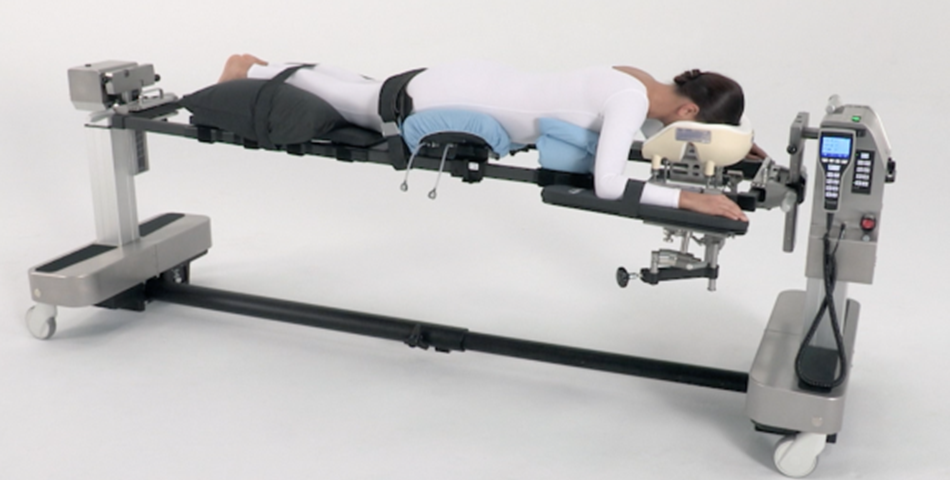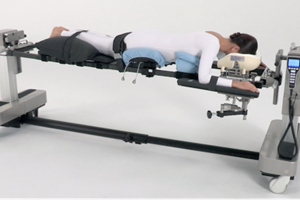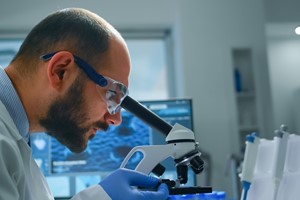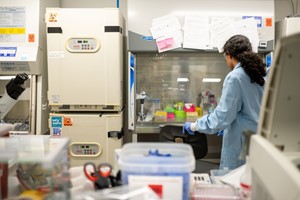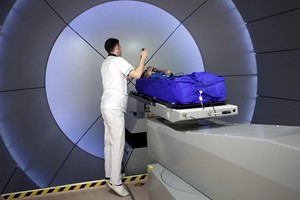Indian spine surgeons J Naresh-Babu, Viswanadha Arun-Kumar, and DGS Ragu of the Mallika Spine Centre, Andrapradesh performed an observational study whose purpose was to analyze the surgeon's neck postures while performing lumbar spinal surgeries.
Lumbar spinal surgeries are on rising trend, and with increase in number of procedures, the average time spent by a spine surgeon performing surgical procedures is also increasing. The effect of operating posture on the surgeon's neck is unknown. From the studies conducted on usage of smartphones, abnormal neck postures, especially the forward head posture (FHP), were found to adversely affect the cervical spine of individuals.
Sixty video recordings (25 open transforaminal lumbar interbody fusions [TLIFs] and 35 lumbar decompression [LD] procedures – 15 with headlight and 20 with operating microscope) of surgeries performed by three spine surgeons of different heights were analyzed. Running videos of the surgeries were recorded concentrating on the surgeons with reflective markers taped to their surface landmarks corresponding to C7 spinous process, tragus of the ear, and outer canthus of the eye. Head flexion angle (HFA), neck flexion angle (NFA), and cervical angle (CA) were measured and analyzed.
During transforaminal lumbar interbody fusions, head flexion angle (HFA), neck flexion angle (NFA), were significantly higher during the phases of decompression and fusion (P < 0.05). The average cervical angle of all surgeons was lower, thereby adversely affecting the cervical spine (20.15° ± 5.05°). During lumbar decompression [LD] procedures, cervical angle (CA) showed significant difference between usage of microscope and headlight (P < 0.001).
Indian spine surgeons J Naresh-Babu, Viswanadha Arun-Kumar, and DGS Ragu of the Mallika Spine Centre, Andrapradesh found that the surgeon's forward head posture (FHP) is frequently caused by a compromise between the need to perform surgery with hands, without elevating the arms, and simultaneous control of gaze at surgical field. The usage of microscope was found to reduce the stress on neck while performing surgery.



